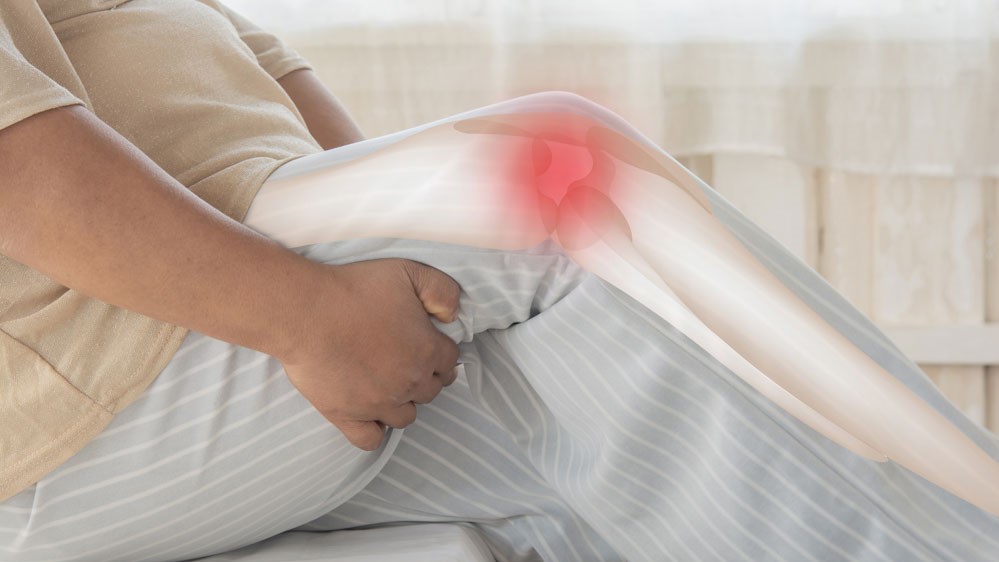Maintaining a healthy weight is essential through a balanced diet and regular exercise regime to ensure overall bone health. One can keep away from serious physiological conditions by embracing better quality of life.
Excessive weight or obesity can be potential reasons behind chronic bone conditions or other health issues like type 2 diabetes, blood pressure, stroke, and cardiac disease.
Orthopedic experts have studied and inferred that excessive weight can lead to certain musculoskeletal issues, regardless of the patient’s age. In this blog, we have discussed the ramifications of obesity on one’s orthopedic health.
Obesity and Bone Health
Body weight directly compliments a person’s orthopedic health, here’s how obesity can affect bone health of an individual.
Musculoskeletal and chronic pain: Adults having obesity are more susceptible to musculoskeletal and chronic pain than those maintaining a healthy BMI (Body Mass Index). In the case of older adults, obesity doubles the risk of pain in joints and soft tissues.
Higher instances of musculoskeletal injury: Excess weight results in a higher risk of joint wear and tear, leading to injuries. Overweight adolescents are 15% more susceptible to musculoskeletal injury and the ones who are obese are almost 48% more at risk to face orthopedic injuries. The chances of orthopedic injuries due to overweight is alike in both children and adults.
Greater risk of osteoarthritis: As a person gains weight frequently over time, the knees prepare hard to take the excess pressure. This situation elevates the risk of damage (wear and tear) of the joints.
Slower recovery post orthopedic surgery: Obese patients are at the risk of complications and may undergo slower recovery after orthopedic surgery as compared to the healthy patients undergoing surgeries.

Tips for improved orthopedic health
By making some crucial lifestyle changes, one can improve their orthopedic health. Read on.
Reach the healthy weight bar: Ensure embracing a healthy diet and active lifestyle to maintain proper body weight. For every ten pounds gain in weight, the risk of osteoarthritis increase by 36 percent. Excess weight makes your bone week and puts a person at risk of injuries.
Keep moving: Add physical activities like swimming, stretching, walking, or biking to your daily routine. Even in the case of patients with orthopedic sensitivity, these activities prove effective. However, if a person has chronic joint pain, they must put less stress on their joints. Nevertheless, movement is significant for good orthopedic health.
Create a strong core: Strong core of muscles promotes proper body weight balance. Practice yoga and pilates are the most popular forms of exercises that experts suggest to strengthening the core and fostering orthopedic health.
Book regular appointments with your orthopedician:
To keep a check on your orthopedic health, you should make regular visits to your bone specialist. Older adults or adults with excess weight should ensure proper checkups every half-yearly or yearly.
Your doctor will recommend preventive measures and in-depth diagnosis as and when required.
